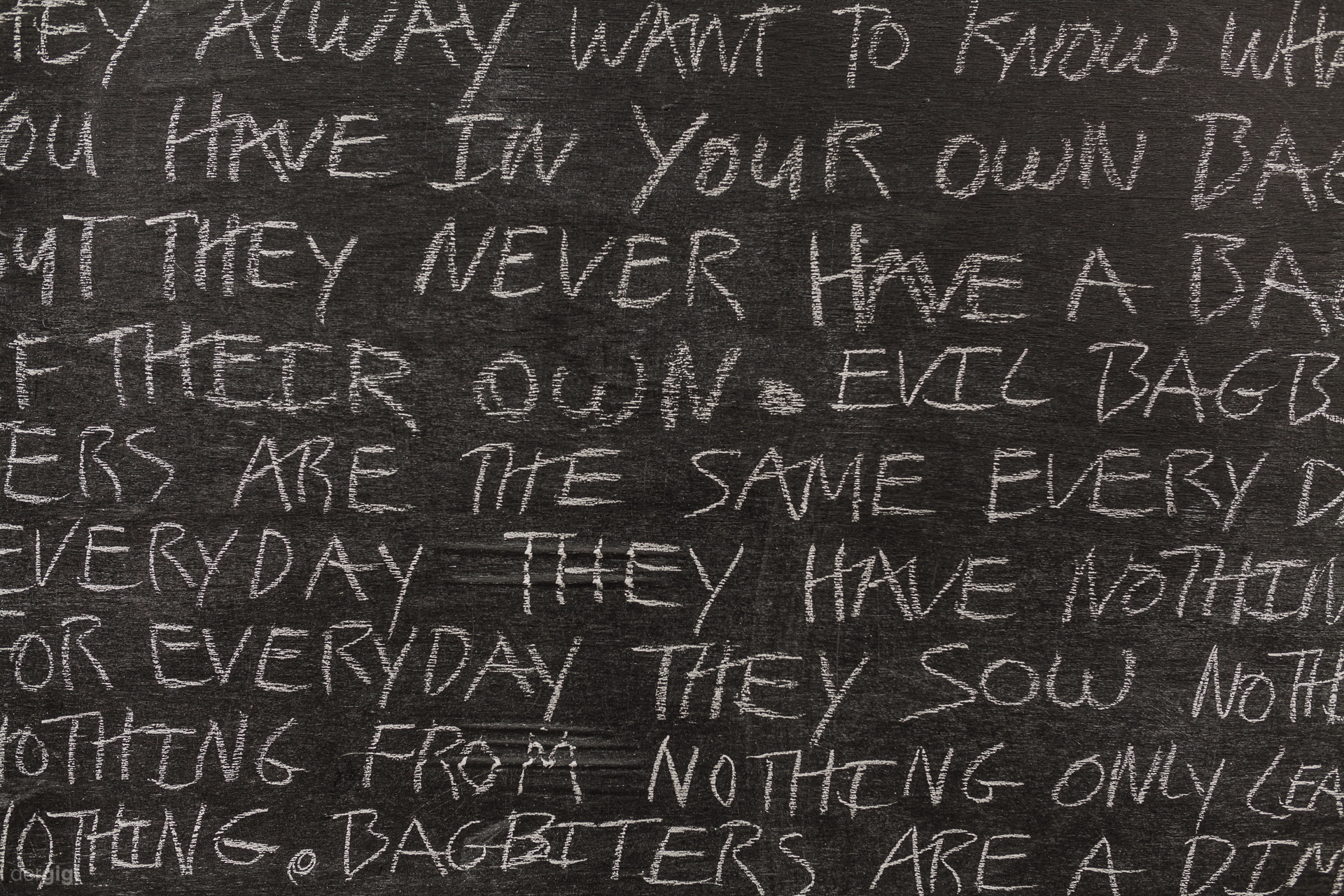Words have to be one of the greatest inventions of mankind. Granted, it’s a stretch to say that the spoken word was invented. The written word, however, undoubtedly was.
What an astonishing thing a book is. It’s a flat object made from a tree with flexible parts on which are imprinted lots of funny dark squiggles. But one glance at it and you’re inside the mind of another person, maybe somebody dead for thousands of years. Across the millennia, an author is speaking clearly and silently inside your head, directly to you. Writing is perhaps the greatest of human inventions, binding together people who never knew each other, citizens of distant epochs. Books break the shackles of time. A book is proof that humans are capable of working magic.
Carl Sagan, Cosmos
Books are indeed proof that humans are capable of working magic. I wonder what Carl’s thoughts would be on the technology of today, some of which is truly indistinguishable from magic.
Performing magic, or in this case, properly expressing one’s thoughts in writing, is hard. Writing forces you to structure your thoughts. Structuring your thoughts - and by extension, yourself - can be a painful process.
Words do not express thoughts very well. They always become a little different immediately after they are expressed, a little distorted, a little foolish. And yet it also pleases me and seems right that what is of value and wisdom to one man seems nonsense to another.
Hermann Hesse, Siddhartha
Painful, because you actually don’t want to put in the work to clean up your thoughts, exactly because it is work. The option of not doing this work is a comfortable one. The option of ignoring any holes in your reasoning is too.
It is so easy to convince yourself that your reasoning is sound. That you have it all figured out. “The easiest person to fool is yourself,” to paraphrase Richard Feynman. Knowing that you can be fooled easily and that you can also easily fool yourself is not only helpful – it is the root of the scientific method.
I’ve had many conversations in the last couple of weeks, some of which related to questions of certainty and doubt. I love meeting people who are fully convinced of something. No matter what it is, I’m always intrigued. Don’t get me wrong, I have strong convictions as well, but I’m more than willing to entertain the question: “What if I’m wrong?”
The fundamental cause of the trouble is that in the modern world the stupid are cocksure while the intelligent are full of doubt.
Bertrand Russell, The Triumph of Stupidity
Many people do not entertain the idea that they could be wrong. I wouldn’t go as far as Bertrand Russel and call them stupid – because I don’t think they are. I was cocksure about things too, some years ago. What changed? I do not think that I got smarter. I just learned certain tricks, just like a magician learns magic tricks.
One of those tricks is very useful to check your level of conviction: ask yourself what it would take to change your mind. What would it take for you to admit that you are wrong? Sometimes, it is also a great way to check the depth of your understanding.

The more I write, the more blind-spots I keep finding in my understanding. The more I write, the less I am convinced that I have it all figured out. The more I write, the greater my respect for any successful writer. The more I write, however, the more I am convinced of the power of words and ideas.
No matter what anybody tells you, words and ideas can change the world.
Tom Schulman, Dead Poets Society
What would it take to convince me of the opposite? And with that, the magician vanishes…
Translations
- German translation by Der Geier
- German audio by Fat Joe
Want to help? Add a translation!
💙
Found this valuable? Don't have sats to spare? Consider sharing it, translating it, or remixing it.Confused? Learn more about the V4V concept.
